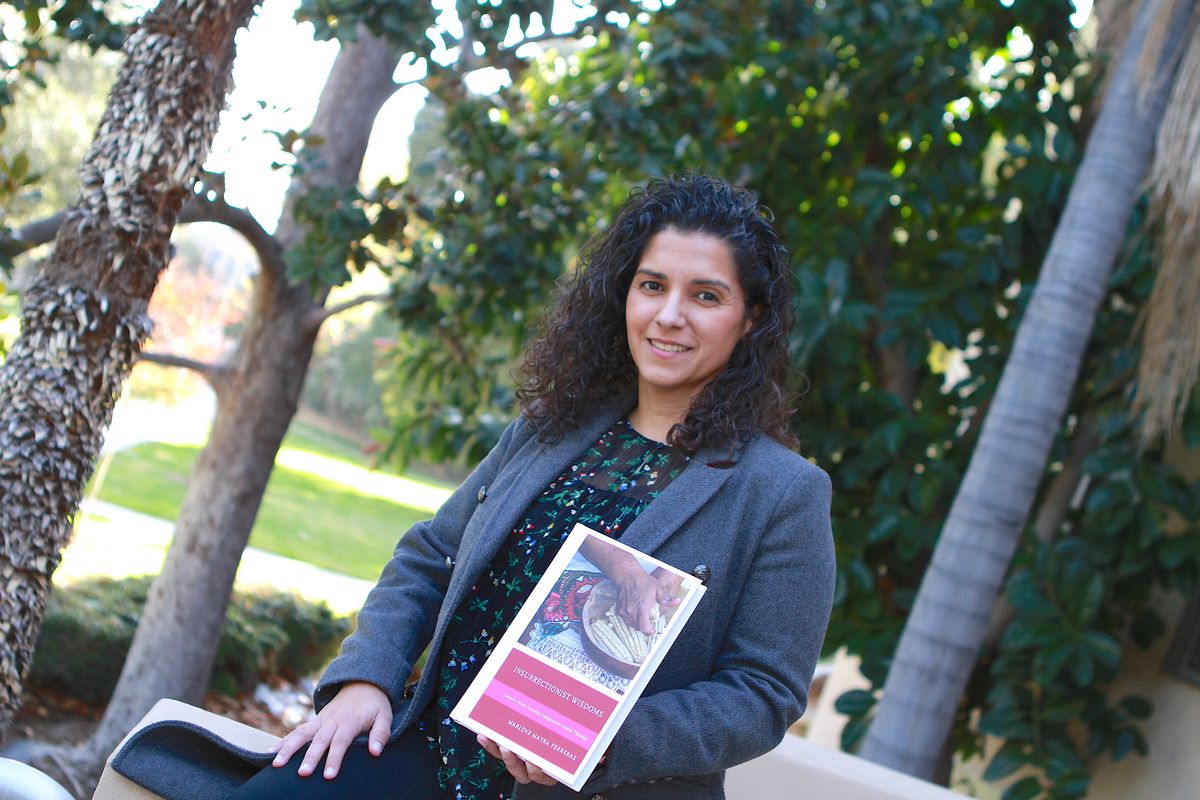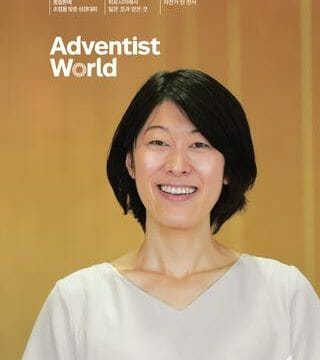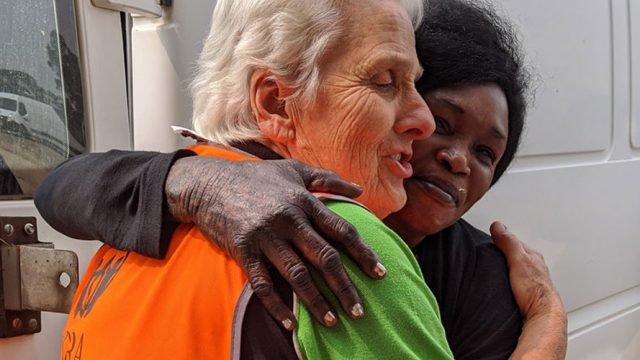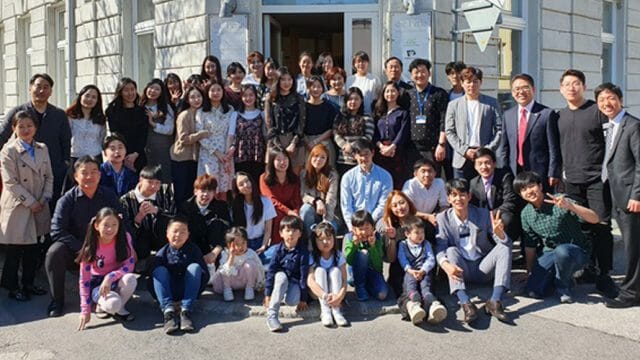Marlene Ferreras seeks to re-shape pastoral care to marginalized people.

For practical theology professor Marlene Ferreras, the goal of her research trip to Yucatán, Mexico in November 2016 was straightforward — collect data utilizing scientific research methods toward shedding light on the struggles of female Mayan workers at multinational maquila manufacturing plants. But through a three-month immersion into the daily life of a welcoming village family and numerous conversations with the community’s mexicana assembly line seamstresses, the scope of her analysis deepened to ultimately offer a re-shaping of the paradigm of how pastoral care can function in support of marginalized peoples who are suffering.
In October 2022, Lexington Books published her work titled, Insurrectionist Wisdoms: Toward a North American Indigenized Pastoral Theology. On November 18, 2023, the book won the Hispanic Theological Initiative Prize during the annual meeting of the American Academy of Religion and Society of Biblical Literature (AAR/SBL). The prize includes a monetary award and an invitation to lecture at Princeton Theological Seminary in June 2024.
Ferreras, a 2003 alumna of La Sierra University and an assistant professor in its H.M.S. Richards Divinity School, is the first Seventh-day Adventist scholar to win the prestigious recognition. The prize has been offered by the Hispanic Theological Initiative since 2002. The organization supports the development and promotion of Latine and Hispanic religion scholars and leaders.
“The H.M.S. Richards Divinity School faculty celebrate, with pride, the Hispanic Theological Initiative’s book of the year award to Professor Ferreras,” Maury Jackson, chair of the school’s pastoral studies department, said. “Her work in this book highlights the Adventist question of where to find traces of eschatological hope in this world. Our undergraduates and graduates will benefit greatly from this work beyond their time in the classroom.”
Ferreras explained the rationale behind her project. “I wrote the book to equip pastoral theologians with more adequate forms of care that are informed by working-class Latinx women’s experiences,” she said. “Some pastoral theologians tend to increase the power dynamic by making the pastoral caregiver the agent of hope. What I’m attempting to do in my book is to say [that] the divinity of spiritual care is relational. I want to equip the next generation of caregivers and pastors to journey with people through their suffering and find the surprising ways God lives among and between us.”
Ferreras, who grew up in Redlands, California, acknowledges influences stemming from her own background. She weaves into her book her identity and experiences as the American-born eldest daughter of a struggling single mother whose family arrived as refugees from Cuba during the early 1970s. Her mother’s sisters all worked for multinational corporations following the suicide of their father, Ferreras’s grandfather, three months after arriving in the U.S.
In her book she writes, “As a pastoral theologian, I seek to understand the suffering of ‘the many’ and my complicity in that suffering, not only so that I can provide better care but also in an attempt to recover my own humanity. There was something in my own body and soul that led me to this project.”
Ferreras attributes the willingness to explore new thought directions as a theology scholar to her undergraduate years in the honors program at La Sierra University directed by Paul Mallery, professor of psychology. She studied under the tutelage of theologians and faculty members Wonil Kim, Fritz Guy, Charles Teel, Ginger Hanks Harwood, Madelyn Haldeman, and others before graduating in 2003 with two bachelor’s degrees. “They helped me to see how fun theology could be and how I could explore questions and read and think in careful ways,” Ferreras said.
The original version of this story was posted by La Sierra University.













